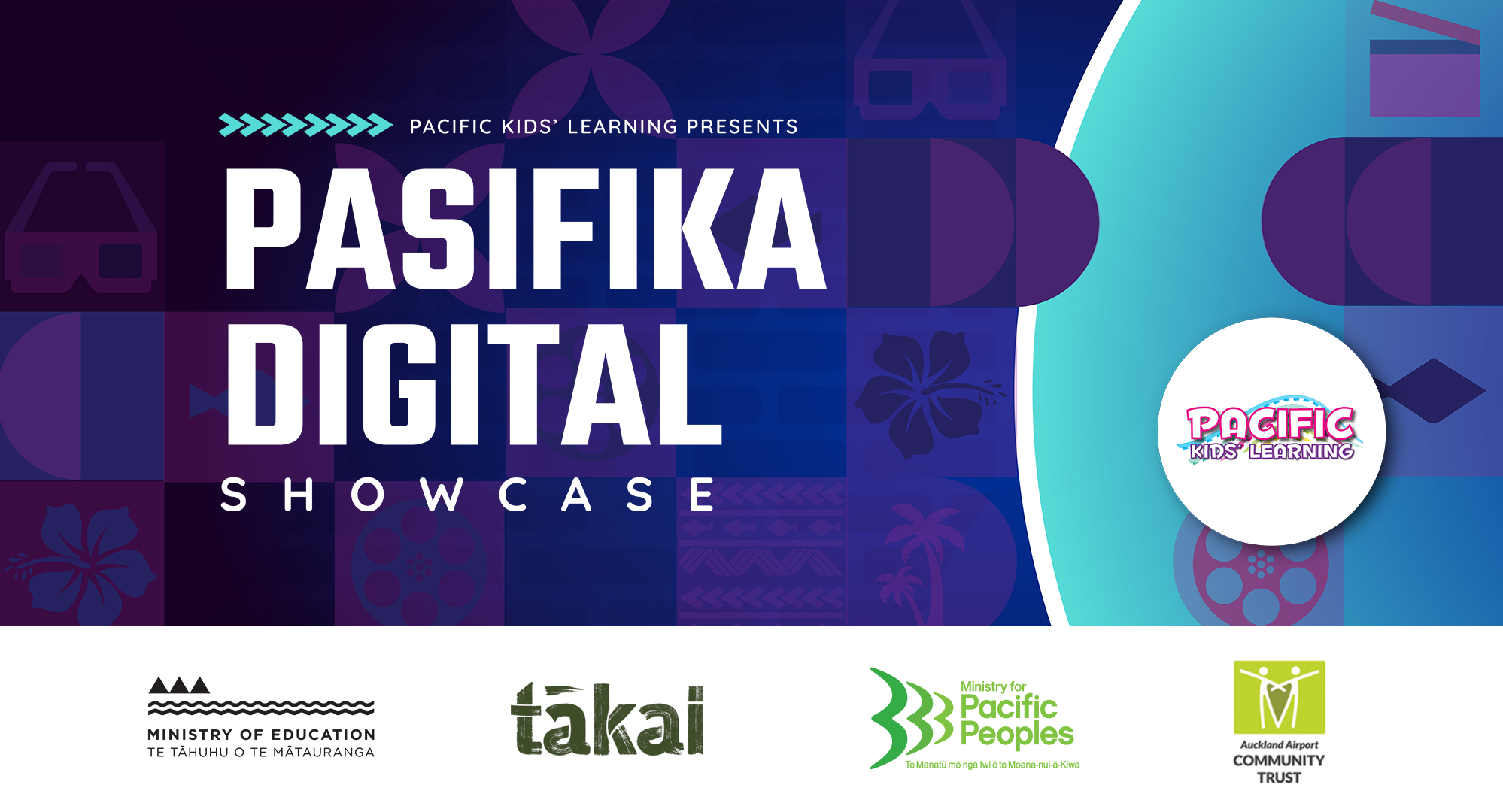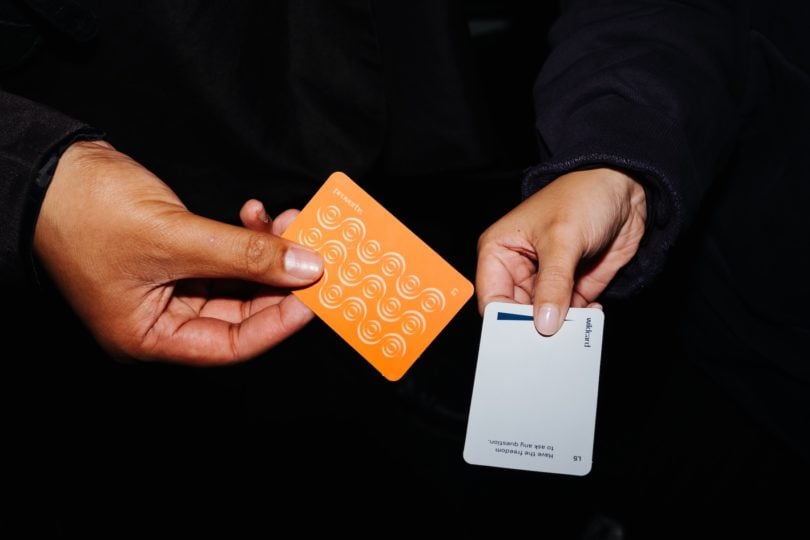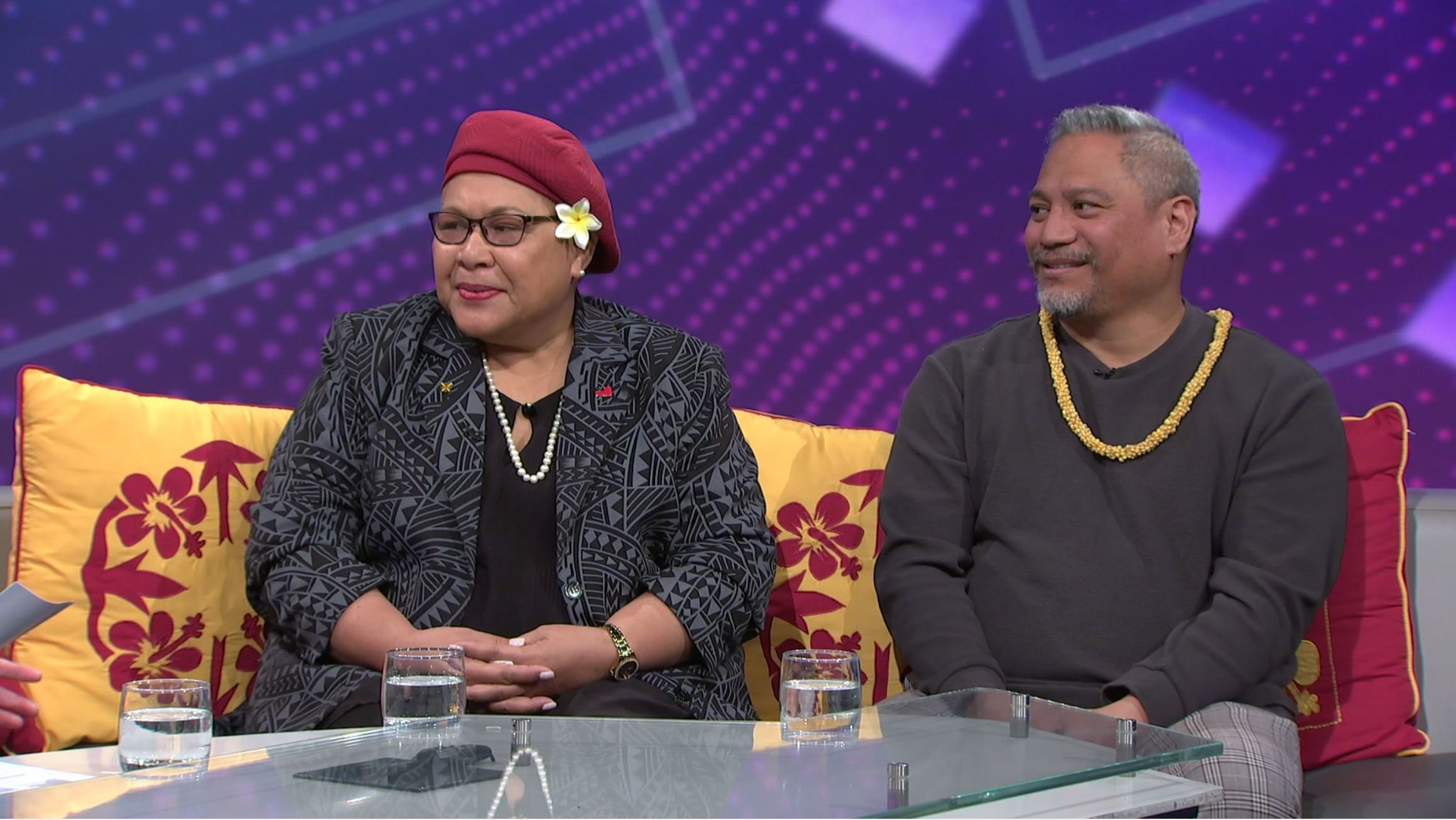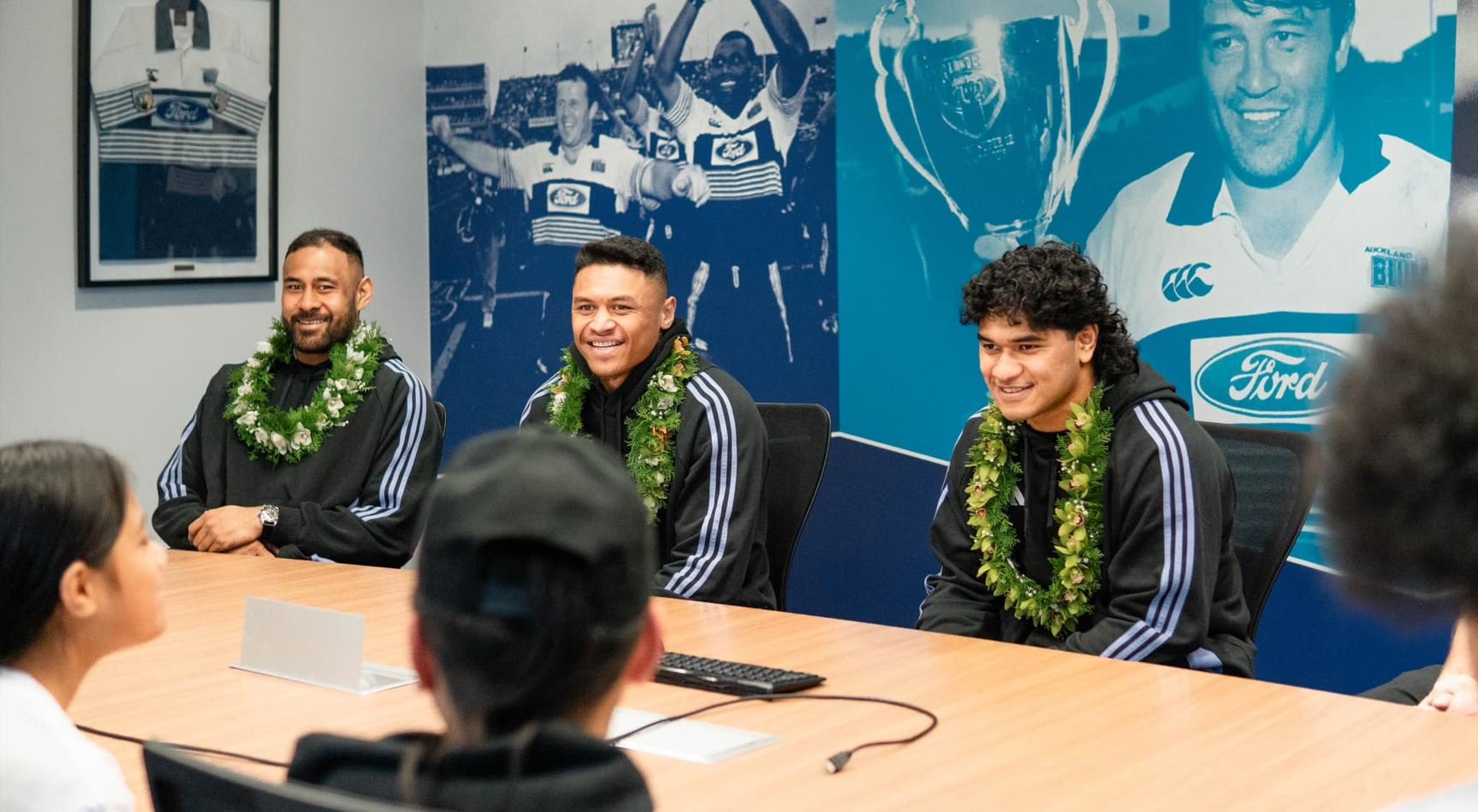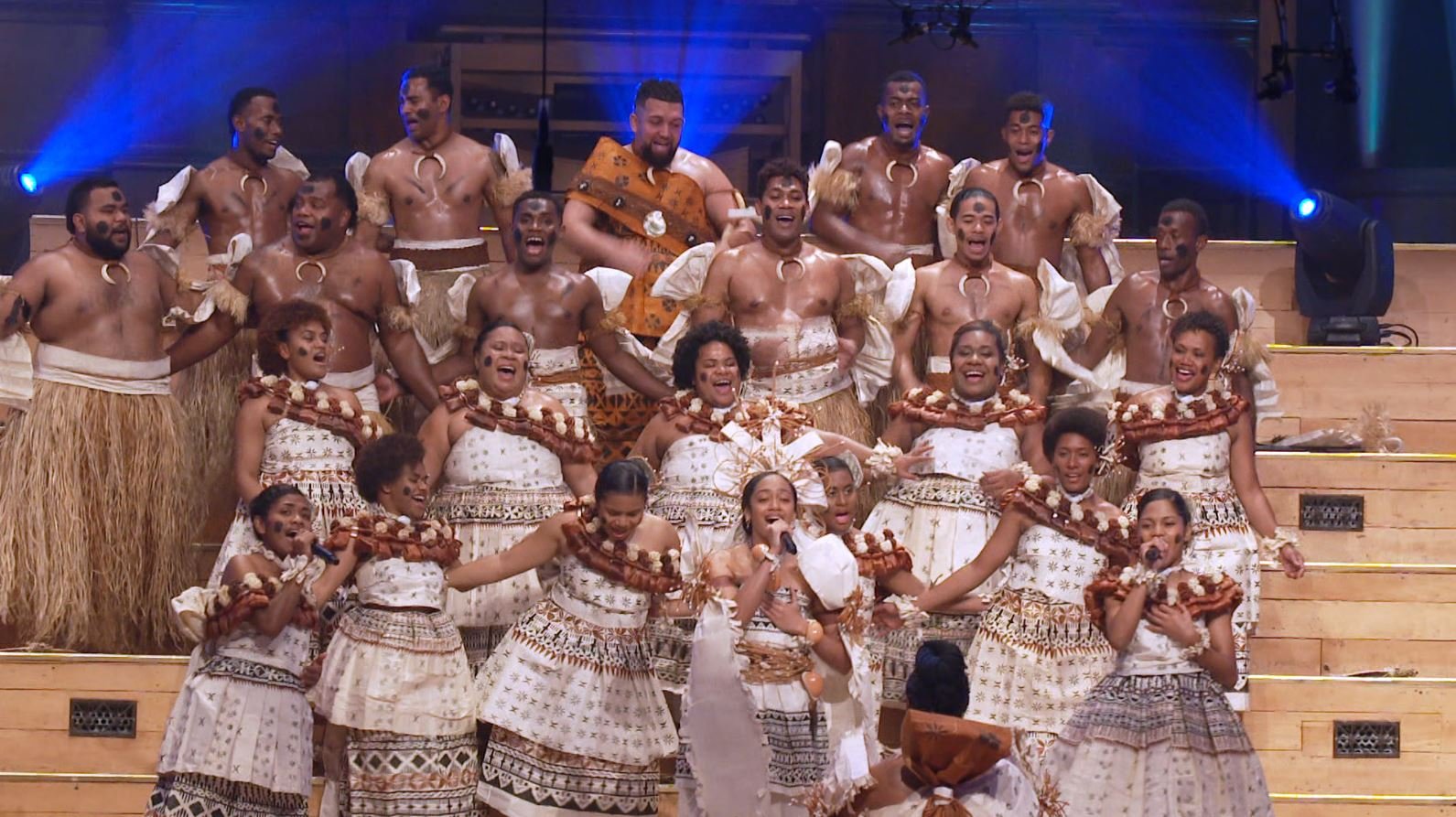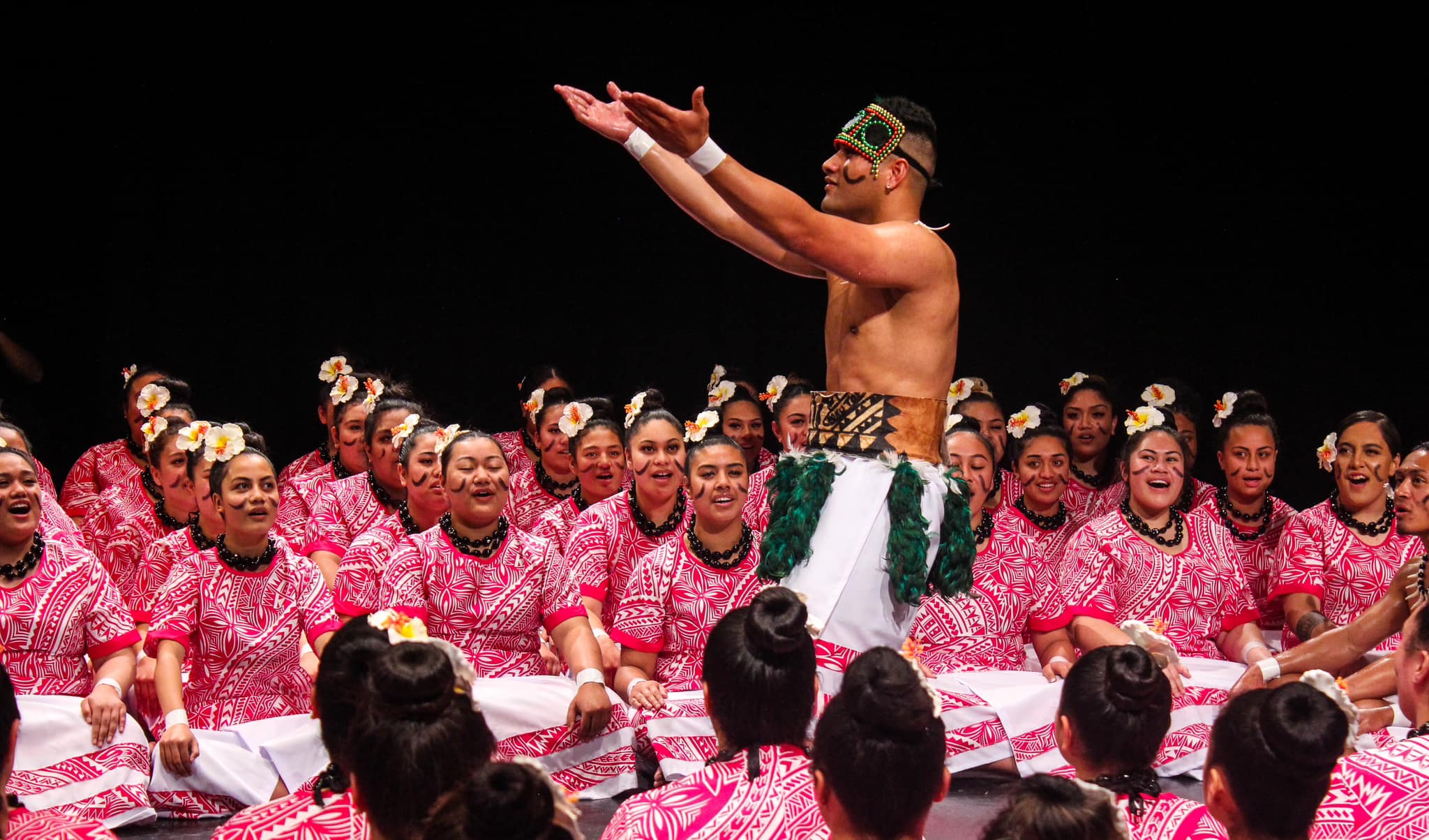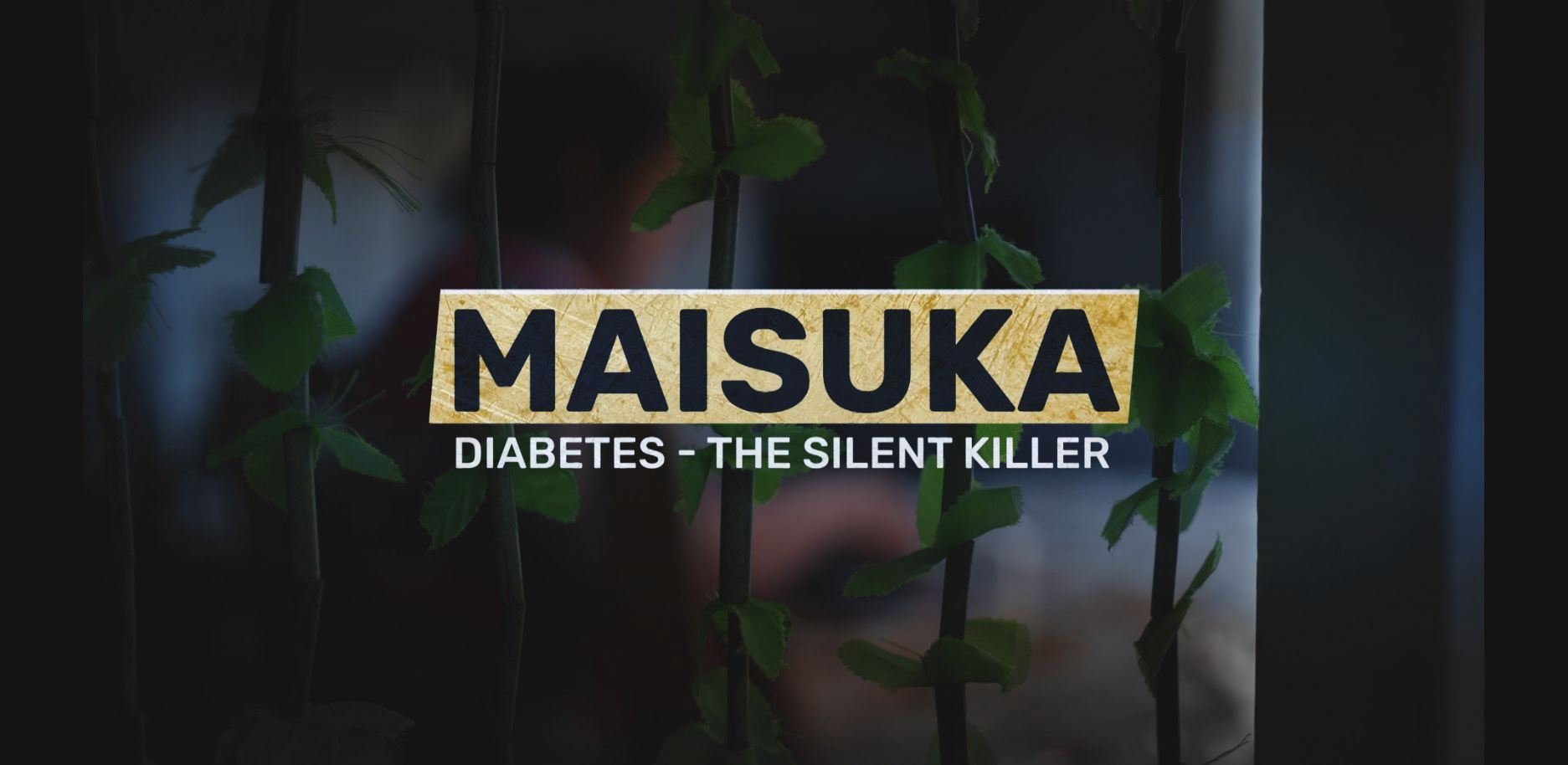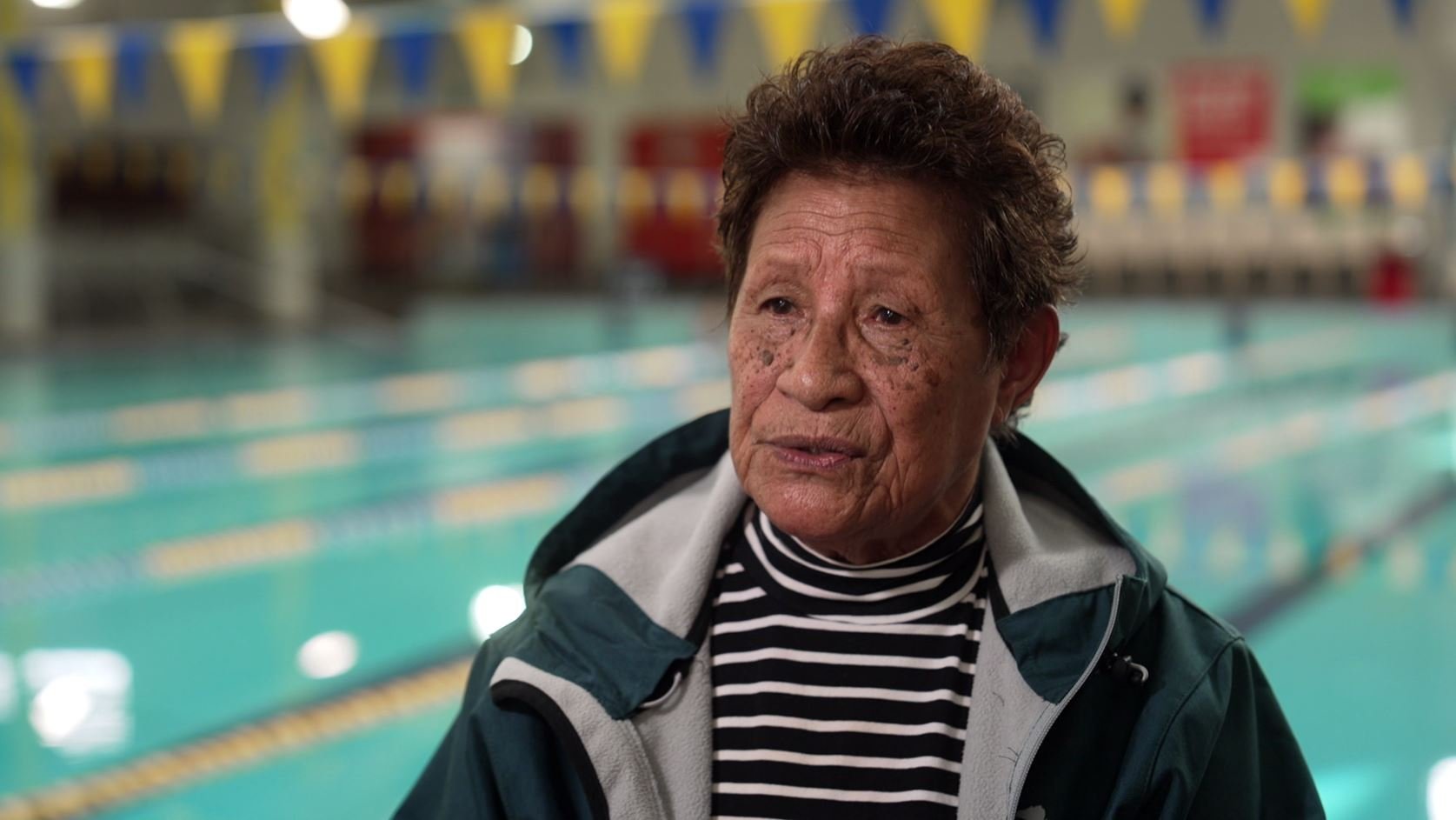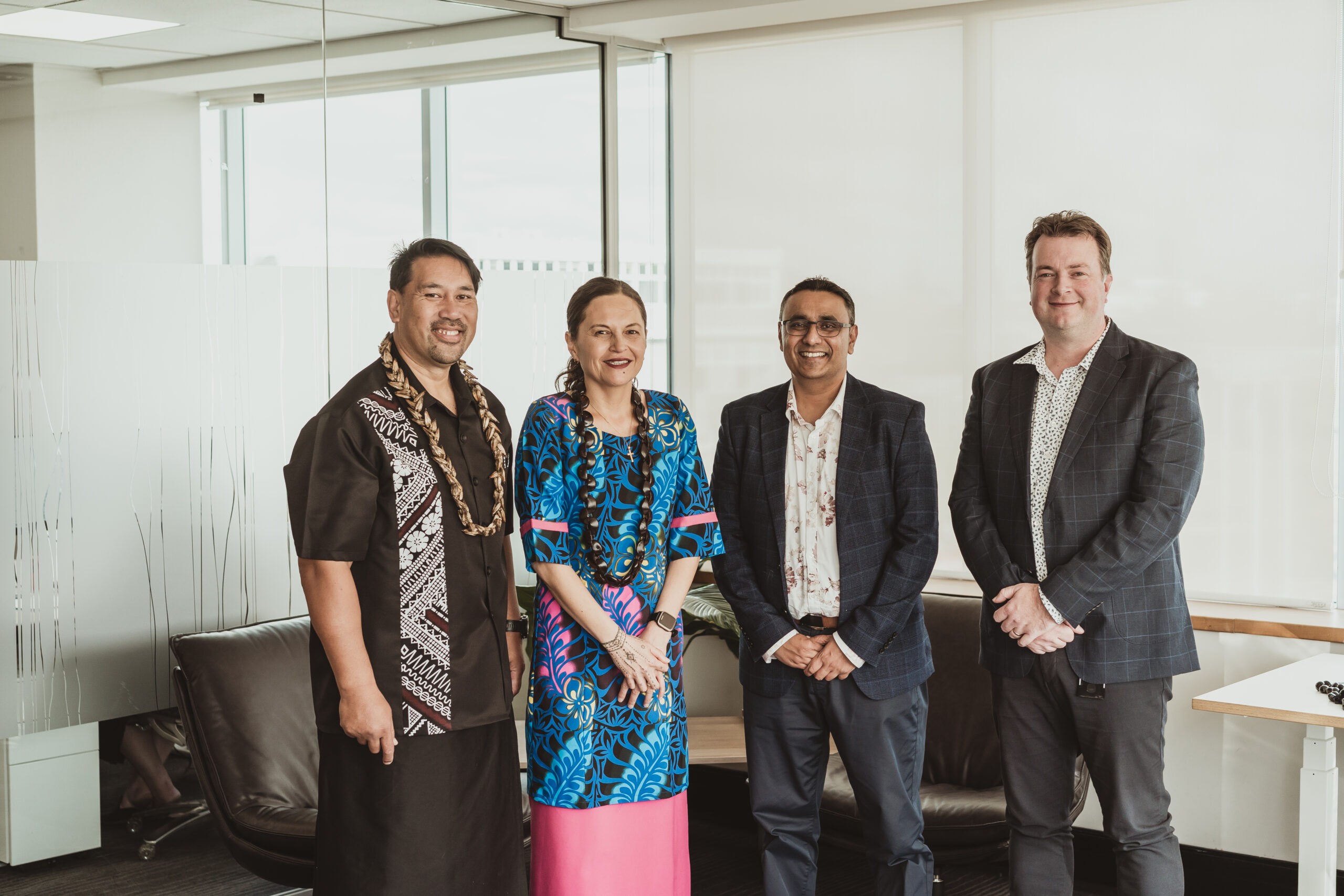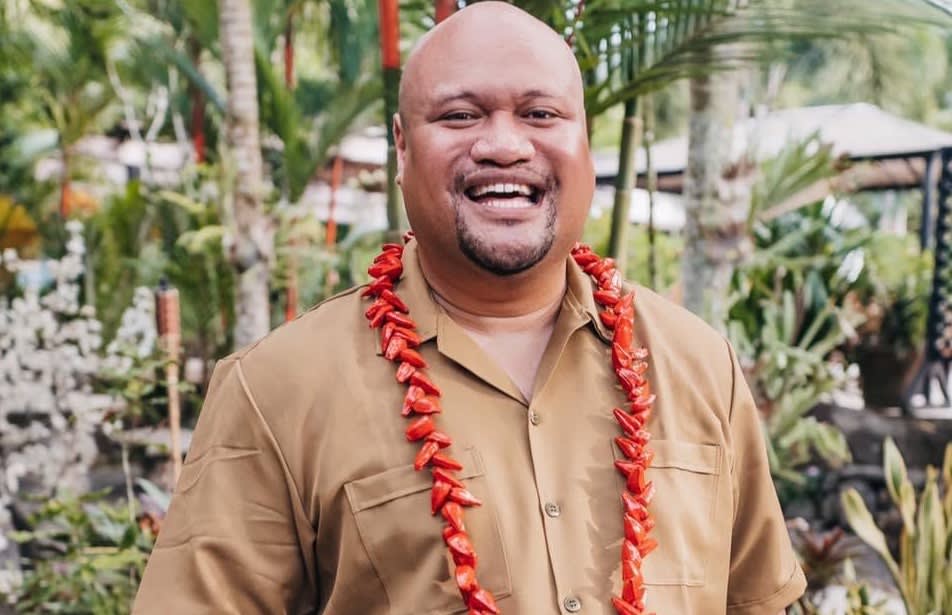On August 3rd, the Cook Island community of Tokoroa celebrated the launch of a unique book called Te Kinakina: E Ngara I te Ngari — remember who you are and where you come from.
It’s the first of its kind, a history book which captures stories from the Tokoroa Cook Islands community written by 12 women from the community.
Tokoroa, a small North Island town, is known for its pine forest, Kinleith Paper Mill and carved talking poles. Its thriving Cook Island community is so large Tokoroa has been dubbed the 16th island.
Te Kinakina: E Ngara I te Ngari grew from an initiative by Read NZ Te Pou Muramura called ‘Writers in Schools’ and is supported by the Ministry of Education.
In this inaugural ‘Writers in Communities’ project, internationally acclaimed poet Vaughan Rapatahaha led a series of writing workshops with the contributors to develop their storytelling.
The writers’ stories are vivid and atmospheric. They write about adjusting to the winter, snuggled with their family beside the fire, singing, mothers using sunlight soap for baths, hair and clothes, and making umu instead of using the oven. They share memories of their parents’ faith, hard work, creative talents and dedication to their families as they learned to navigate New Zealand ways in Tokoroa.
The initiative was supported by Akarere Henry, CEO of South Waikato Pacific Islands Community Services (SWPICS), who managed the community involvement.
“The main premise behind the project was to give our people a voice,” says Akarere.
“Akarere was the boss,” says Vaughan, “and the writers were a very co-operative, working hard, diligent, positive, happy group.”
Contributor Levi Sikking, who works alongside Akarere Henry at SWIPICS, is still coming to terms with being published. “It’s something that never in my wildest dreams I didn’t ever think I’d be part of,” she says.
Rangi Tunupopo, another contributor, laughs about her family’s incredulity about her becoming a writer. “I’m like, ‘It’s published. It’s launching. We are launching it.’ And they’re like, ‘Yeah, but you?'”
Mayor of Tokoroa, Jenny Shattock, attended the Te Kinakina launch and spoke of the importance of the Cook Island community to Tokoroa.
“Your story and our story are totally entwined in the history of Tokoroa. When you came to the 16th island, as it is known and as it actually is, your contribution to Tokoroa, and the success of Tokoroa, is absolutely immense.”
Te Kinakina captures the lives of families who journeyed from the Cook Islands from the 1940s onwards, many taking up jobs at Kinleith Paper Mill, formerly New Zealand Forestry Products.
“Back then, there were only paddocks, all on the left hand side of our street where we were on Baird Road,” remembers Levi. “Those were the houses my parents lived in when they first came to New Zealand. They were all Forestry Products houses. That’s the house I was brought up in.”
“Our parents brought their way of living from the islands. So in the islands, you look after your family members, and the closer your house is in the islands, the closer your connection is to them,” says Rangi. “We got the life of back home, just in New Zealand.”
The Cook Islanders maintained relationships, values, faith and culture in their new whenua, which got so cold icicles formed inside windows and cows steamed as they were herded down the road.
The writers also acknowledge things were sometimes hard. “That’s a really touchy subject, isn’t it? When we’re talking about our parents,” says Levi. “No matter what my mother was like, I know she did it out of love.”
“If you can be strong enough to change the way that you’d like to see your children brought up, yeah, I think that’s so important.”
Akarere says it’s important to acknowledge the challenges our migrating ancestors faced.
“They were navigating a whole new environment.” That sometimes resulted in childhood experiences that were not ideal. “It is part and parcel of who we are today. And it continues to remind us of the sacrifices that they made for us. They came here looking for a better life for us.”
For Rangi, the strength of the experience, and the book, is seeing the uniqueness in each family and life experience, each voice and story.
“We all live in one town, but we all have a very different story. So yeah, 12 different points of views of life in Tokoroa, and no two are the same.”
You can purchase a copy of the book here: https://aotearoabooks.co.nz/te-kinakina-e-ngara-i-te-ngari/
